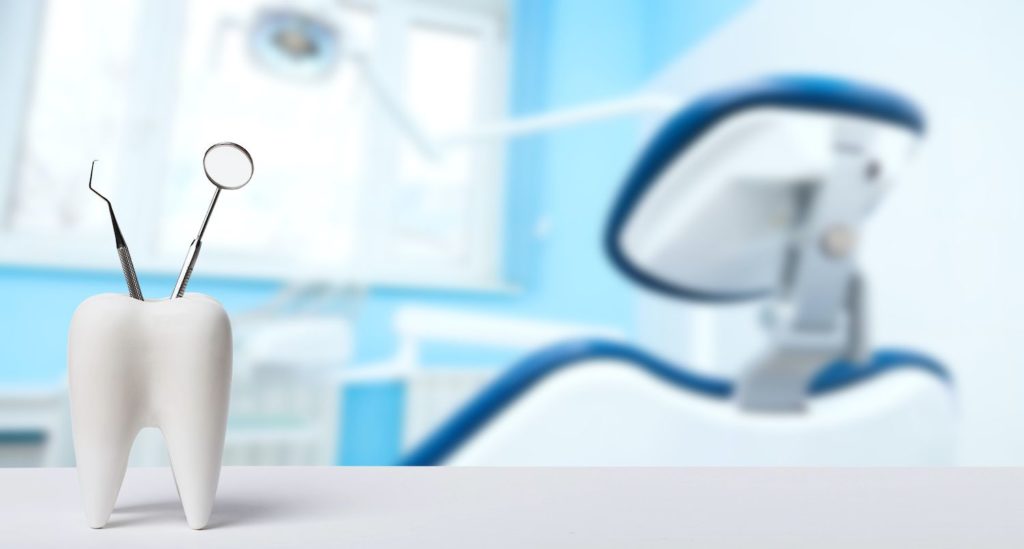A tooth extraction refers to an oral surgery in which a dentist removes a damaged tooth from its socket. Dentists reserve this procedure for teeth that do not respond to other restorative treatments. You should make sure you take time to recover properly from this surgery in order to prevent uncomfortable side effects like dry socket.
As you heal from oral surgery, your surgical site naturally forms a blood clot. If this blood clot becomes dislodged, you may develop dry socket, which can leave dental patients in a great deal of pain. Dr. Oquejiofor, a dentist serving patients in Clinton, NC, offers tips for preventing painful dry socket after a tooth extraction procedure.

How to Avoid Dry Socket After Tooth Extraction
Practice Careful Oral Hygiene
As you recover from a tooth extraction procedure, you should let your mouth rest as much as possible. However, you should continue practicing oral hygiene to keep the rest of your mouth clean and healthy and to prevent infections near your surgical site.
To avoid disturbing the healing blood clot, you should be gentle and cautious as you complete your oral hygiene regimen, including brushing your teeth and flossing. Adhere to aftercare guidelines from your dentist to ensure you are taking optimal care of your smile following this procedure.
Avoid Sucking Motions with Your Mouth
When you make a sucking motion with your mouth, the combination of airflow and muscle movement could dislodge a blood clot over a surgical site. Therefore, you should not make such movements as you recover from a tooth extraction procedure.
Your dentist will ask you to avoid using a straw for about two weeks after this oral surgery. Similarly, you should not smoke during your recovery, as the inhalation produces a similar risk of dry socket formation. It may be easier to refrain from smoking during this period if you cut back on this habit prior to your procedure.
Choose Soft-Textured Foods
Your mouth may feel sore when your anesthetic wears off after your tooth extraction procedure. For optimal comfort, you may want to stick to eating soft-textured foods that will be easy and comfortable to consume. Examples include applesauce, yogurt, and mashed potatoes.
Choosing this type of food can help you avoid dry socket too. Sticky, chewy, or hard foods may disrupt a healing blood clot. Approximately 24 hours after your surgery, you can begin safely eating more solid foods. You should revert back to softer foods if you feel any pain though.
Learn More About Tooth Extraction Procedures in Clinton, NC
Clinton Family and Cosmetic Dentistry offers tooth extraction procedures and other general dental treatments to patients in Clinton, NC. Dr. Oquejiofor also specializes in cosmetic and restorative dentistry, including periodontal care, for patients of all ages. To schedule an appointment with our practice, contact our office by phone at 910.507.7348 or reach a member of our staff online.
